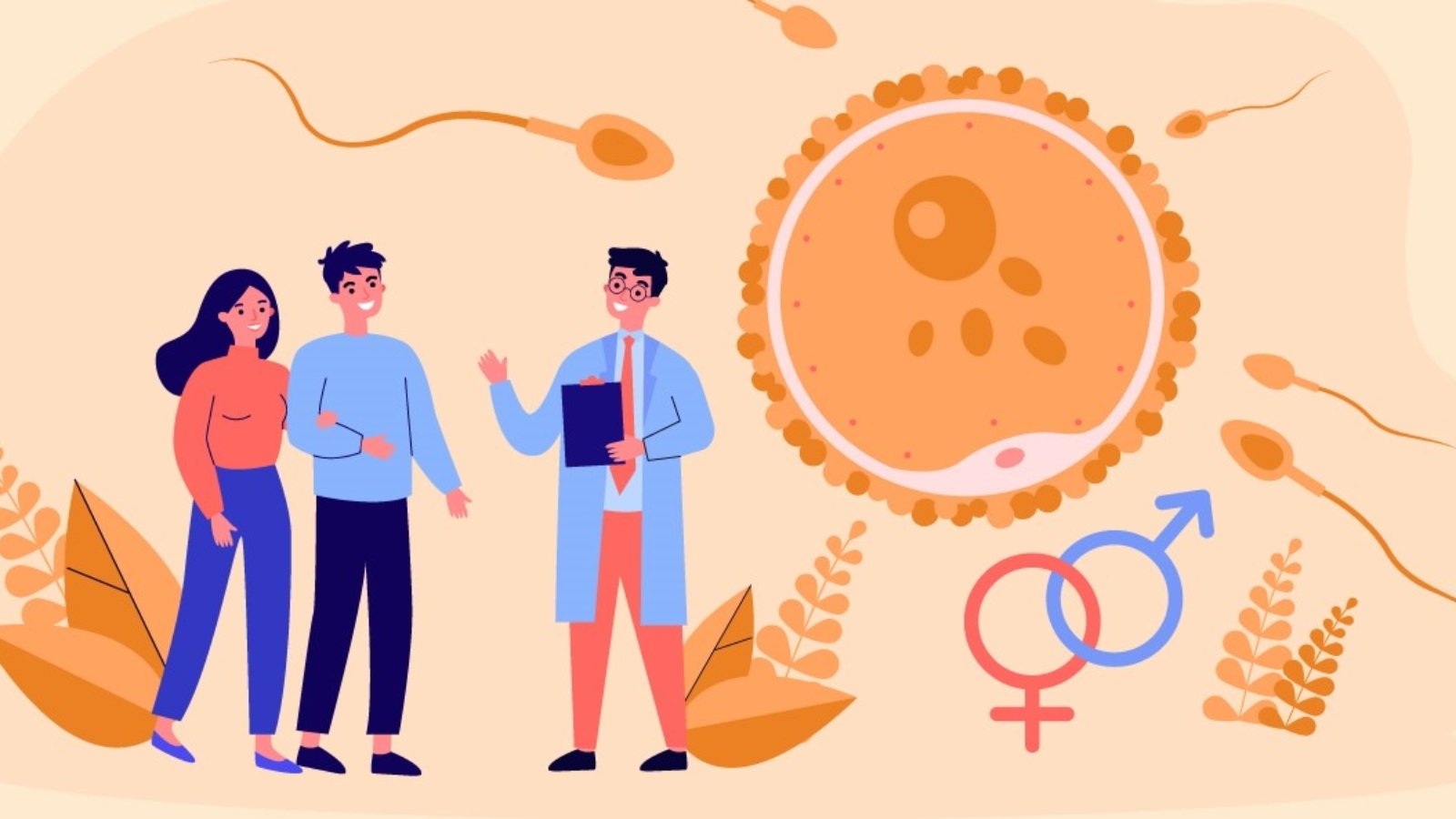Infertility affects countless women around the world, bringing with it challenges that touch on physical, emotional, and social aspects of life. This blog post delves into the causes of women’s infertility, examines the latest treatment options, and discusses the vital support systems that help navigate this challenging journey.
Understanding the Causes of Women’s Infertility:
Women’s infertility can stem from a variety of sources, each impacting a woman’s ability to conceive in different ways:
Hormonal Issues: Problems like PCOS or thyroid disorders disrupt the balance necessary for ovulation and pregnancy.
Physical Abnormalities: Structural issues with the uterus or blocked fallopian tubes can impede the egg and sperm from meeting.
Age-Related Factors: As women age, their reproductive potential decreases, particularly marked after age 35.
Current Treatment Innovations:
With medical advancements, there are now more ways than ever to treat infertility:
Fertility Drugs: Medications can often stimulate ovulation in women who are not ovulating regularly.
Surgical Interventions: Surgeries can repair or open blocked fallopian tubes or remove uterine fibroids that may hinder implantation.
Assisted Reproductive Technology (ART): Techniques such as IVF and IUI have opened new doors for many couples who have struggled to conceive naturally.
The Power of Support Systems:
Dealing with infertility can be a profoundly isolating experience, but strong support networks can provide essential emotional and practical support:
Counseling Services: Therapy can help manage the mental health struggles associated with infertility.
Support Groups: Connecting with others facing similar issues provides comfort and camaraderie.
Comprehensive Care: Integrating nutritional advice, physical activity, and stress reduction techniques can improve overall health and well-being, potentially boosting fertility.
Conclusion:
Navigating the complexities of women’s infertility demands resilience and informed decision-making. Understanding the causes and treatment options available today can empower women and their partners to make the best choices for their personal health and family goals. Remember, each journey to parenthood is unique, and seeking out comprehensive care and support can make all the difference.

Add a Comment